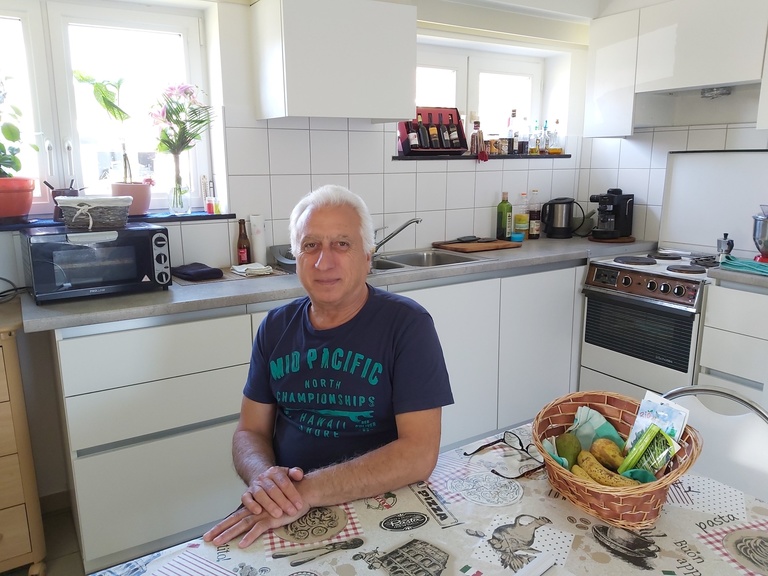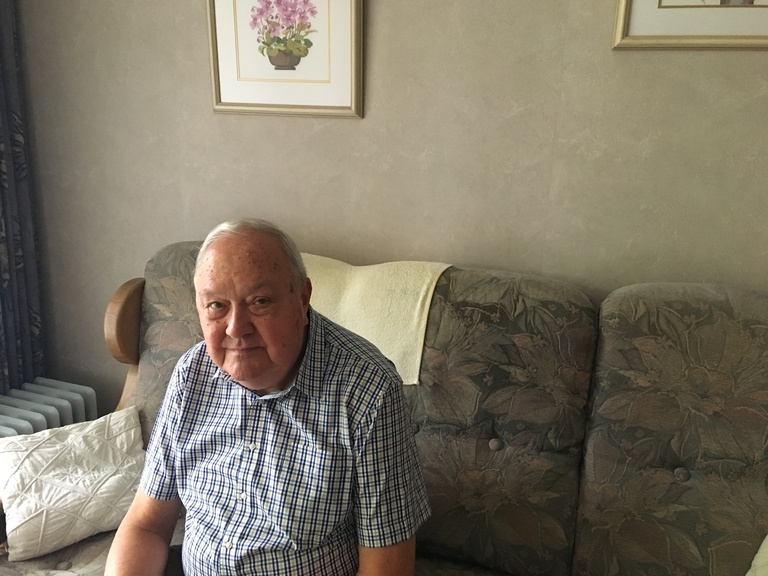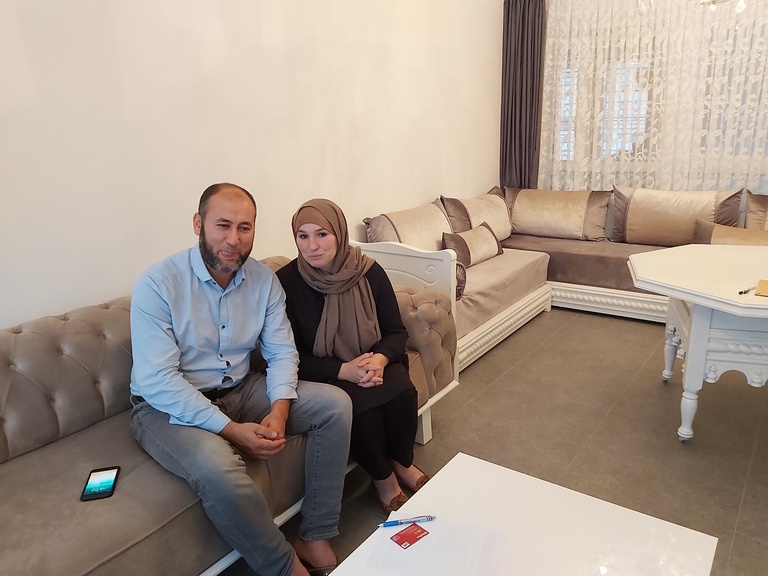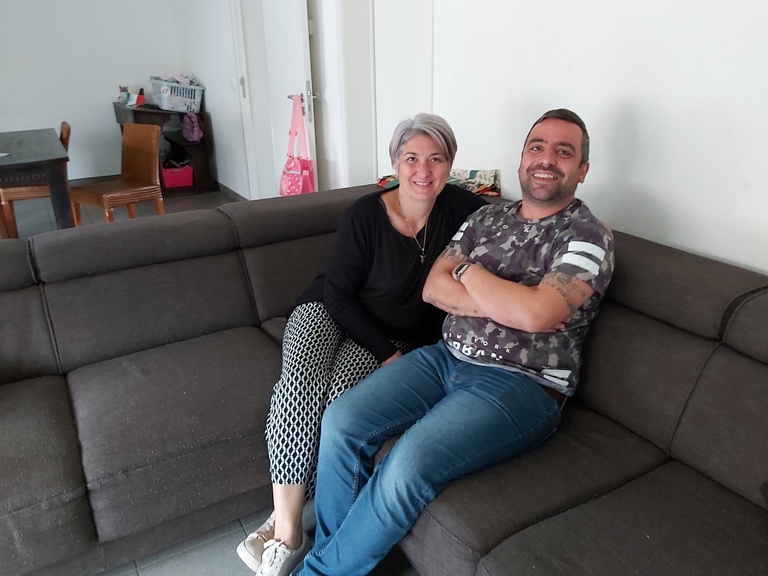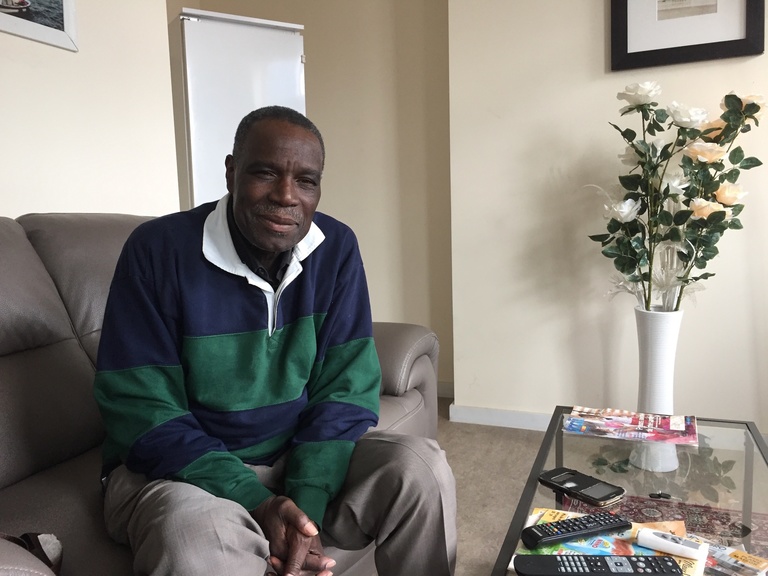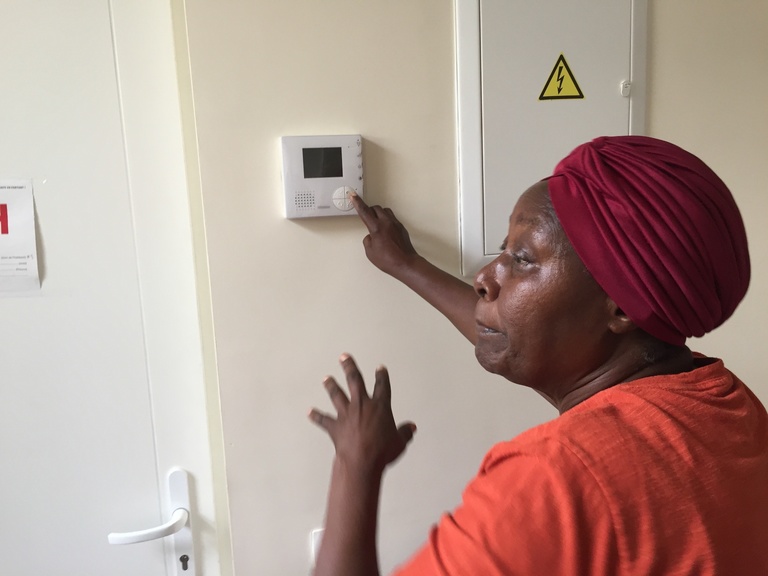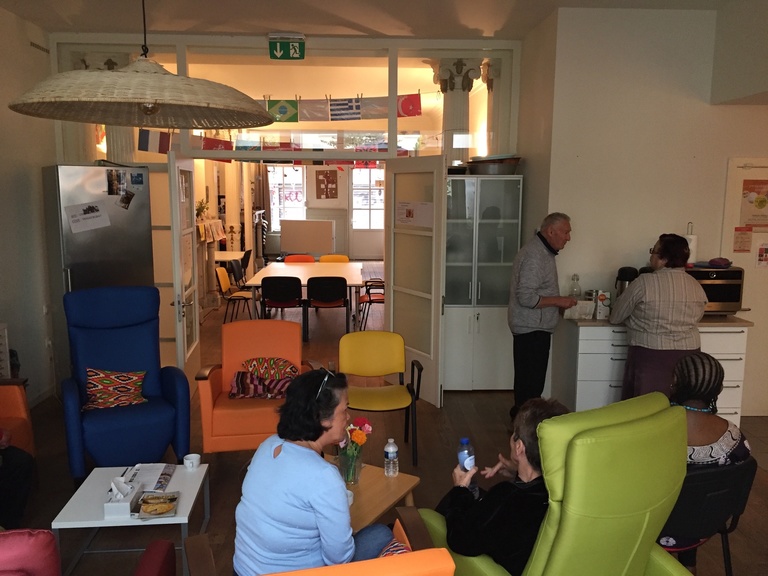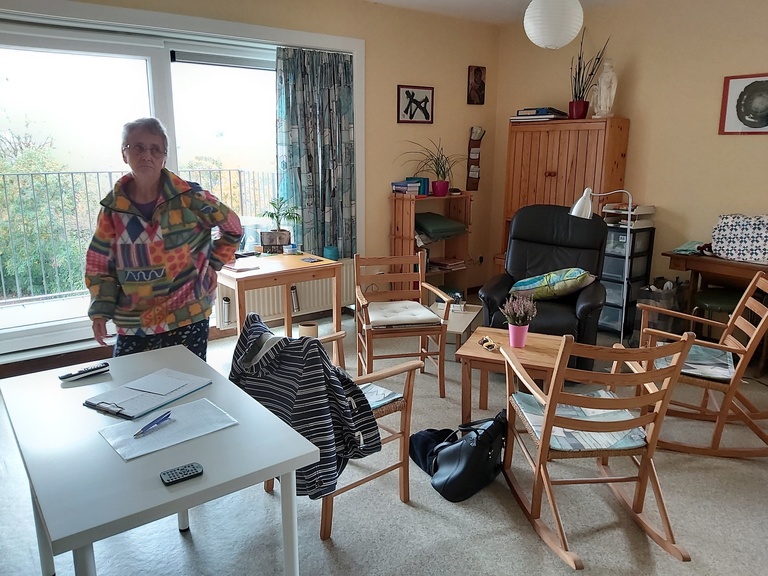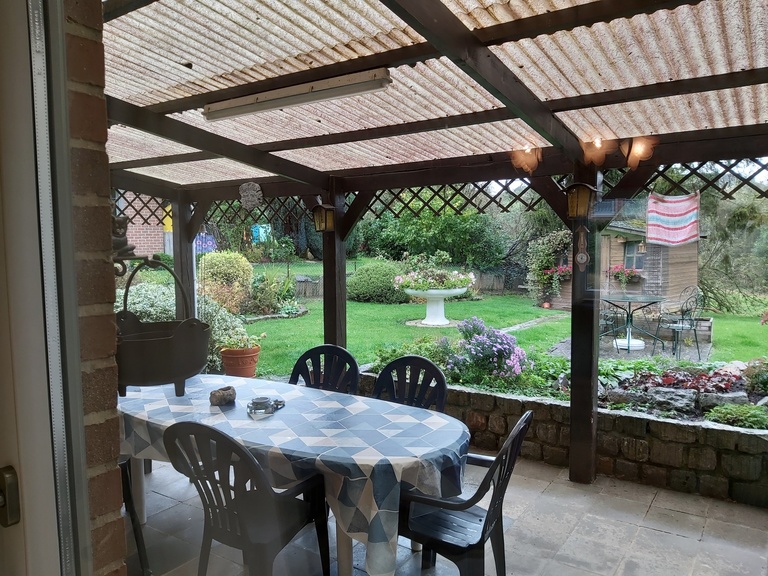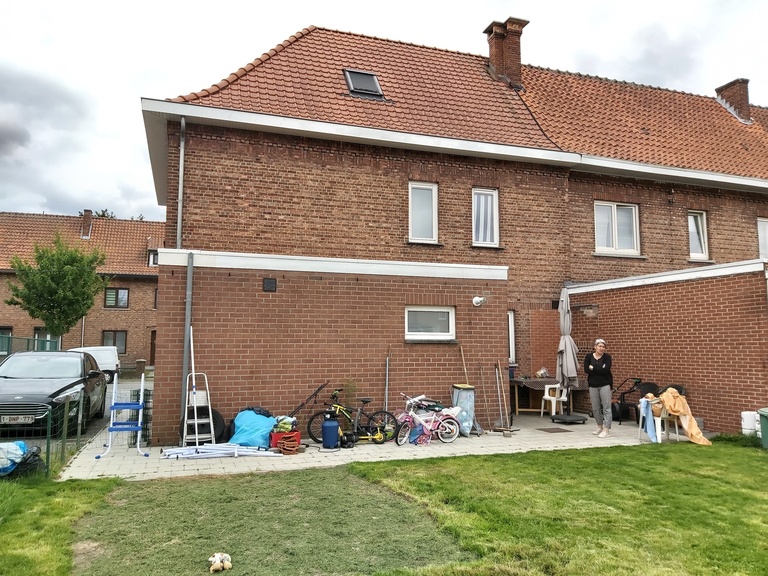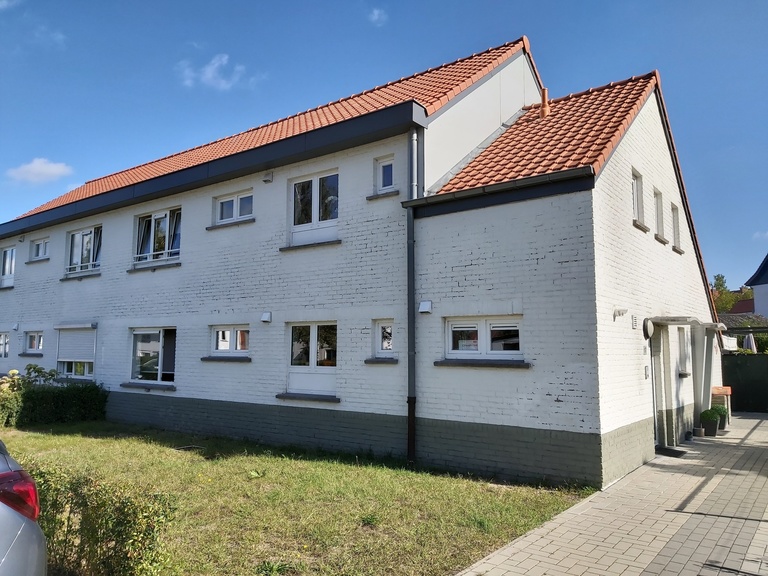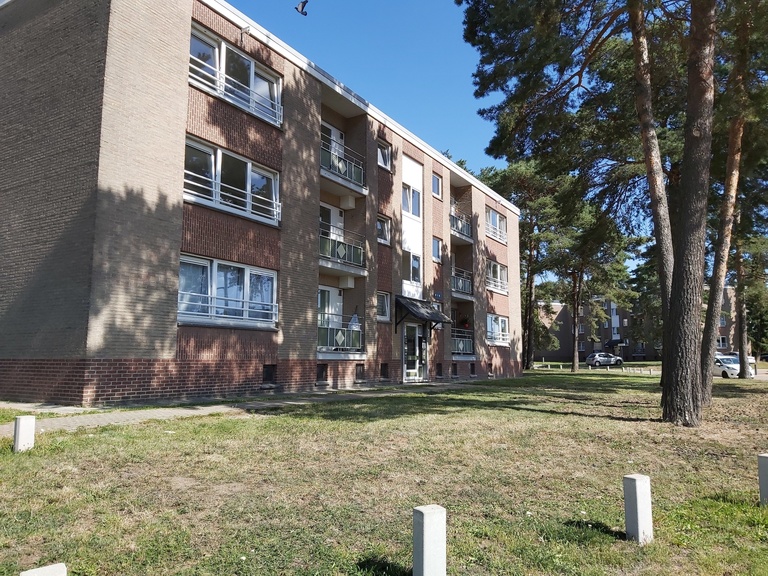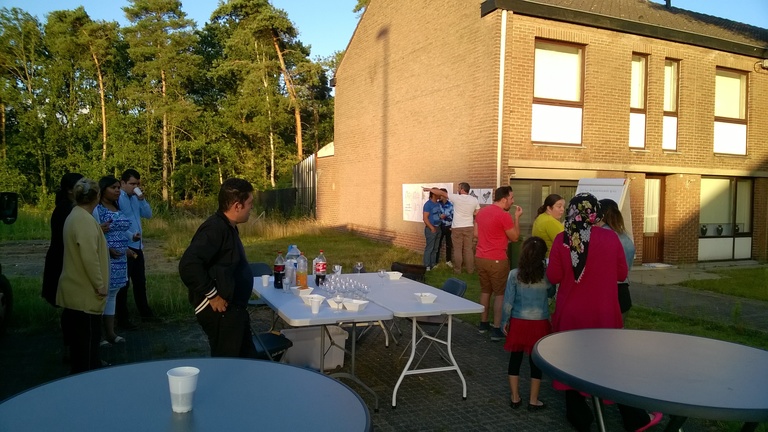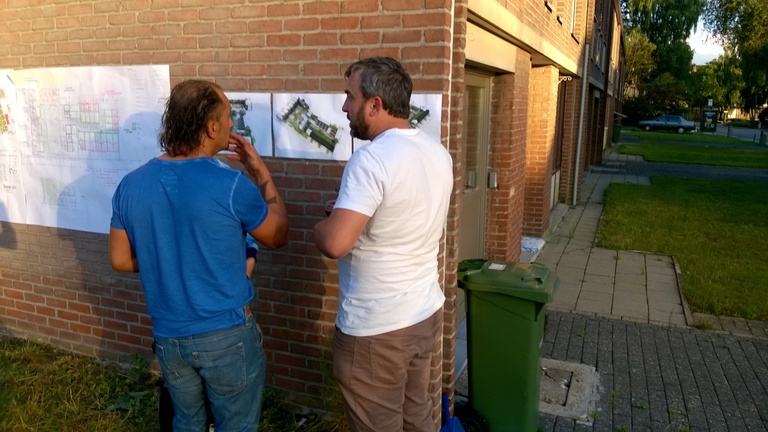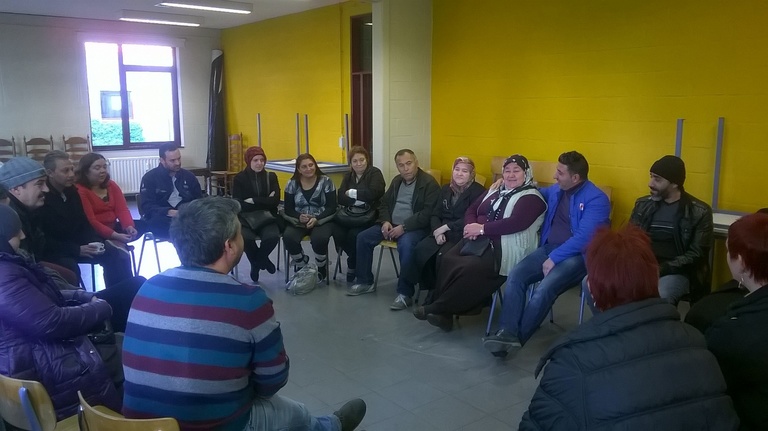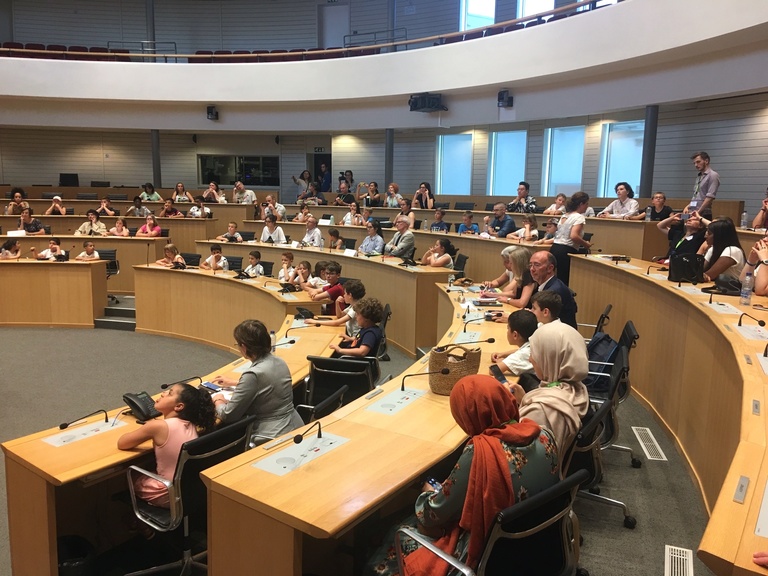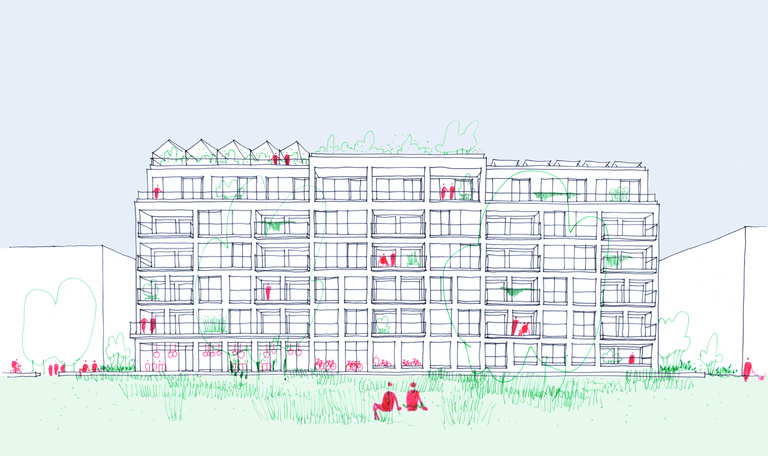
Participation in co-housing projects
Involving tenants in renovating social housing
Housing
Co-Design
Public Making
Social innovation
Energy
Whether being a choice for a more energy-efficient way of living, an answer to the challenges of ageing populations or a symptom of individualism losing ground in society, co-housing has evolved way beyond the realm of alternative lifestyles. Co-housing initiatives lay foundations for new ways of living together. By joining forces, participating together and pooling resources, owners co-create their individual and communal living spaces.
Although, private owners are becoming familiar with and warming to this phenomenon, for the public sector and social housing organisations, however, it is still relatively unexplored territory. To encourage and help spread the co-housing philosophy in Belgium, the Fondation Roi Baudouin asked Méthos to study best practices and effective participatory methods relating to building design and renovation. The main questions were: why involving dwellers in the renovation or building process and what are the best ways to involve the different stakeholders (dwellers, construction workers, architects etc.)?
Improving social housing
The study delved into social housing with the belief that co-housing principles can also help improve living conditions in it, i.e. tailor social housing more closely around tenants’ needs, improve relationships between tenants and landlords, foster community spirit, etc.
A typology of practices
Méthos analysed the various methods and approaches associated with participatory design for social housing, starting with the experiences of tenants and professionals. We mapped out a typology of practices and initiatives, and classify them according to the level of involvement of the tenants. For each steps of the participatory journey, we zoomed in on first-hand accounts and feedback from both sides to find out what works and what doesn’t.
A strategy to encourage participation needs to take into account each stakeholder’s priorities and interests. This means it doesn’t necessarily make sense to involve everyone in every stage, as that will tire participants and they might lose interest.
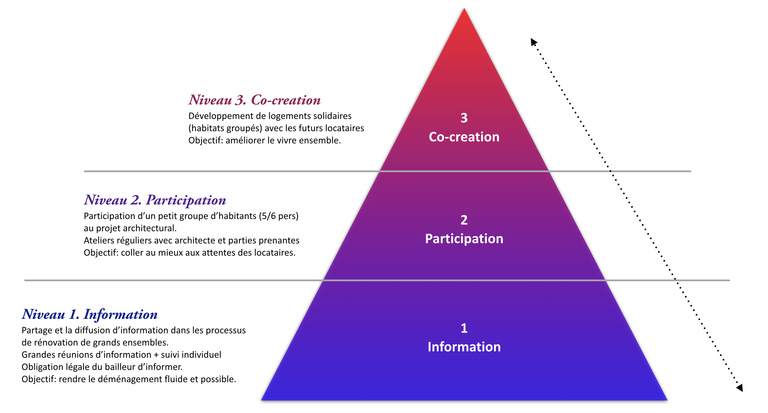
Different levels of participation. Extract report Méthos.
The housing companies that have achieved the best results are the ones that see tenant involvement as a continuum beyond the design phase. They build a relationship over the long term discussing every aspect of life in the building (how space is organised, how the common parts are used, community life, building upkeep, energy consumption, etc.) and not only technical matters. This improves relationships with landlords and builds strong bonds among tenants, which in turn cements social cohesion within the building and the community around it.
“Everyone comes with their own stories and in their own mood, the meetings and the decisions we took helped us to get to know each other better and bond.”
Eric, social tenant, Brussels.
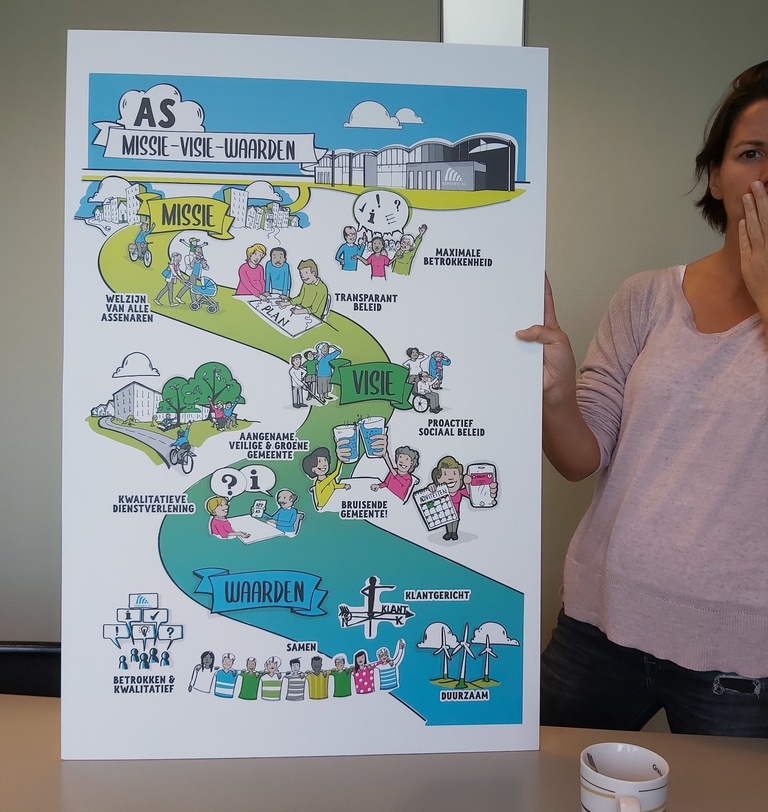
The participation journey. City of Genk.
A platform for advocacy
Several housing institutions from various Belgian regions as well as a full spectrum of stakeholders of the sector. joined a co-housing platform coordinated by the King Baudouin Foundation and led by Méthos. The platform translated the study’s findings into policy recommendations aimed at encouraging the development of participatory methods in the housing sector at the national level.
"Méthos supported our energy poverty platform, conscientiously and very considerately. Thanks to this unprecedented initiative, the Foundation was able to address policymakers with thoughtful recommendations."
Pascale Taminiaux, Senior project coordinator, King Baudouin Foundation
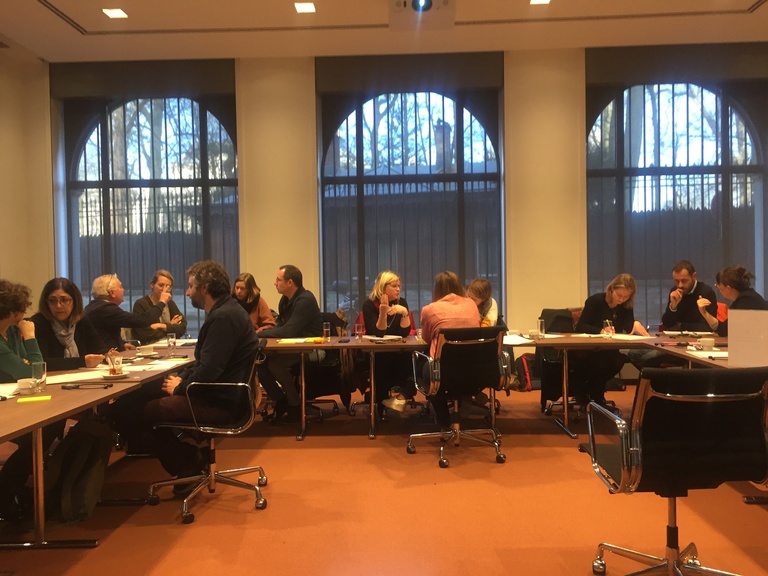
Design workshop at the King Baudouin Foundation with representatives from the housing sector.
Read more
• The King Baudouin Foundation’s recommendations, based on the study (FR version / NL version)
• Participatory design in housing in France (FR version) - a study by Gaëtan Brisepierre, a sociologist of energy.
• City of Turnhout - report on methodological aspects of participatory projects in social housing (NL version).
Other projects
Children's rights
Involving children from the Fédération Wallonie-Bruxelles in preparing policy on their rights, with debates and artistic workshops.
A participatory journey with over 100 children from the French-speaking Belgian Community, to prepare policy on their rights. We spent a year in workshops, creating, debating and feeling moved.
• Download the report (fr)
• Watch the video
